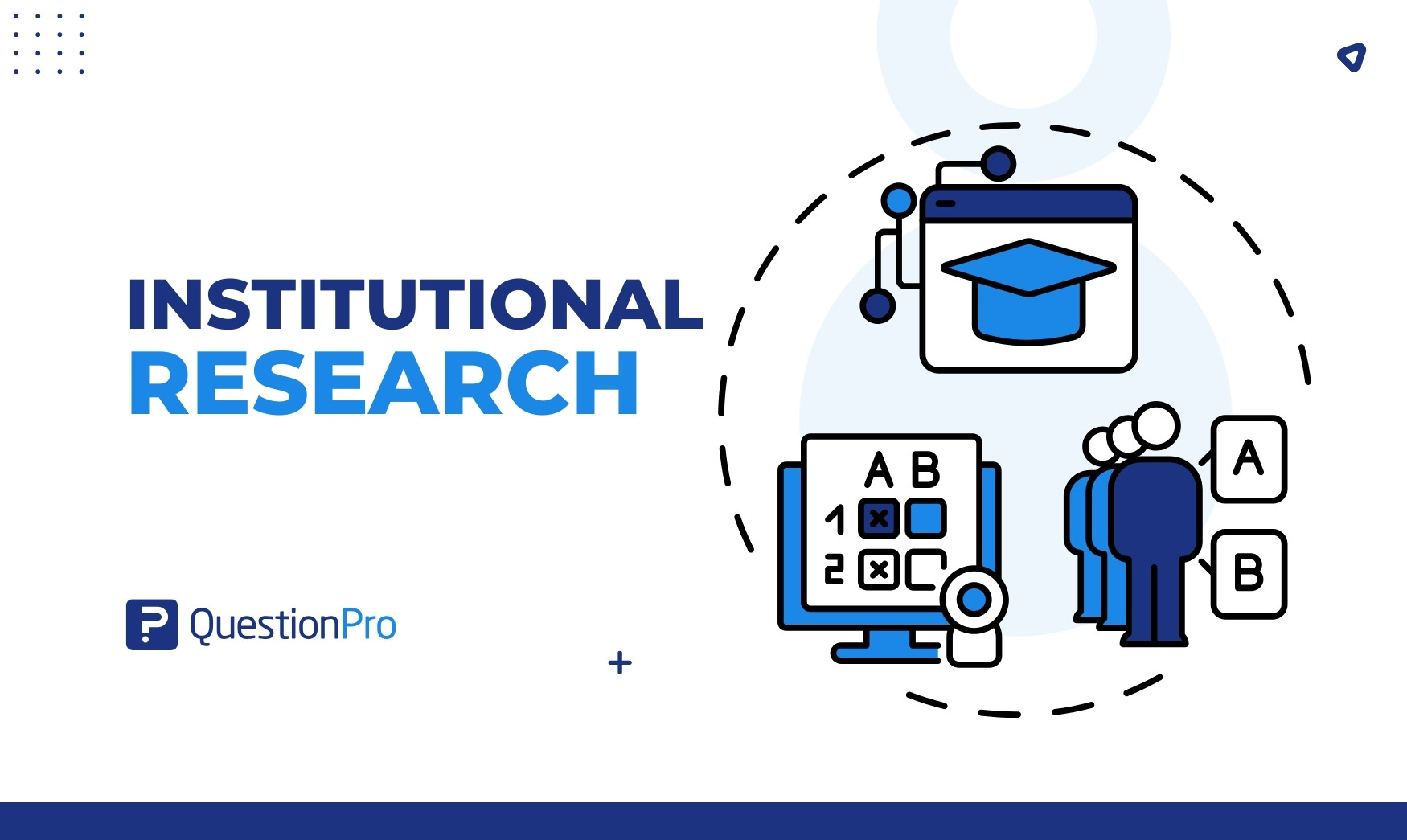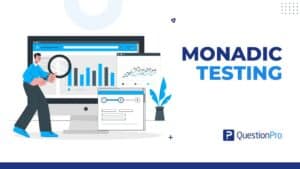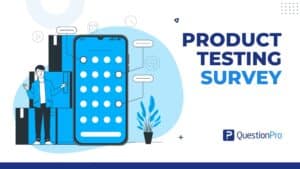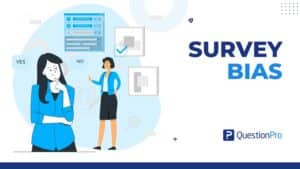
Education is like a big puzzle with lots of pieces: students, teachers, programs, and plans. But who puts these pieces together to make sure everything works smoothly? That’s where institutional research comes in!
In this blog, we will discuss what institutional research is and its activities. We will also discuss the effectiveness of this research.
What is Institutional Research?
Institutional research is like the detective work of the academic world. It involves collecting, analyzing, and interpreting data to help educational institutions make informed decisions. Think of it as the behind-the-scenes investigator that helps schools and organizations understand themselves better.
It is one kind of tool that empowers educational institutions to understand their strengths, address their weaknesses, and continually strive for improvement. It’s like having a trustworthy compass, ensuring institutions are on the right path to success.
What Are The Activities of Institutional Research?
Activities for institutional research serve as the essential gears that maintain the seamless operation of the educational machinery. Let’s delve into the details of the activities conducted by the association for institutional research:
- Data Collection and Data Analysis
At the heart of institutional research lies the collection and analysis of institutional data. Think of it as detectives gathering clues to solve a case. IR professionals meticulously collect information on everything from student enrollment numbers to faculty performance. This data helps institutions make informed decisions about their policies, programs, and overall strategy.
- Success and Retention of Students
IR plays a key role in ensuring students have the support they need to succeed. By tracking institutional performance, attendance, and engagement, IR teams can identify areas where additional resources or interventions might be needed. This helps institutions create a nurturing environment that boosts student retention and success.
- Accreditation and Compliance
Imagine an educational institution sailing through the sea of academia as a well-regulated ship. IR is the compass that ensures the ship follows the right course. It helps institutions maintain accreditation standards and ensures compliance with regulations.
It ensures that the education provided meets the required quality benchmarks. It could also involve program review, particularly for accreditation reasons.
- Institutional Planning
Institutional researchers are like architects who design for an institution’s future. They assist in long-term strategic planning by analyzing trends and forecasting future needs. This could involve predicting changes in enrollment, assessing the impact of new programs, or identifying areas for improvement to stay ahead of the curve.
- Program Evaluation
Ever wondered if a particular course is making a significant impact on students? IR is there to find out. Through program evaluations, IR assesses the effectiveness of academic programs and identifies opportunities for enhancement. This ensures that institutions offer courses that attract students and provide valuable skills and knowledge.
- Budgeting and Resource Allocation
Money matters and IR helps institutions make wise financial decisions. By analyzing budgetary data and resource allocation, IR ensures that funds are distributed efficiently to support the institution’s mission and goals. This might involve recommending investments in specific programs or reallocating resources based on changing needs.
- Benchmarking
In the world of higher education, institutions are like athletes striving to be the best. IR engages in benchmarking – comparing an institution’s performance to that of its peers. This process helps identify areas where an institution excels and areas that may need improvement to create healthy competition and continuous growth.
The Effectiveness of Institutional Research
Here, we are talking about academic research. But what exactly is institutional effectiveness, and how does it impact the educational landscape? Let’s explore:
- Inform Decision-Making
IR’s effectiveness is at the core of its ability to provide data on various institutions. This data isn’t just numbers on a spreadsheet; it’s the key to data-informed decision-making. From enrollment trends to faculty performance, IR equips institutions with the knowledge they need to make strategic decisions that benefit everyone involved.
- Continuous Improvement
Imagine a school or college as a living, breathing entity. Just like any living thing, it needs to grow and improve. IR acts as the gardener, nurturing the institution to bloom into its full potential. IR identifies areas that need attention by analyzing data on student outcomes, program effectiveness, and more. It creates a culture of continuous improvement.
- Student Success
At the heart of every educational institution are the students. IR plays a vital role in ensuring their success. By tracking student performance, attendance, and engagement, IR helps institutions tailor their support systems. This not only boosts student success but also enhances the overall learning experience.
How to Utilize QuestionPro to Conduct Institutional Research?
Conducting institutional research involves gathering valuable insights to enhance educational strategies and decision-making. QuestionPro, a powerful survey and research platform, can significantly streamline and enhance the process. Here’s a guide on how to effectively utilize QuestionPro for your academic research:
- Single Platform for Research
QuestionPro offers a comprehensive platform that supports various types of research, including classroom research, experimental design, and academic research. It provides insights and analytics tools to facilitate the entire research process.
- Simple to Sophisticated Research
The platform is created for a wide range of users, including students, researchers, and faculty. Whether you’re conducting a simple survey or a sophisticated research project, QuestionPro aims to provide the necessary tools and features.
- Collaborative Research Across Universities
QuestionPro supports collaborative efforts by allowing multiple users to work on the same survey. This feature encourages teamwork and facilitates joint research projects involving individuals from different universities.
- Quantitative and Qualitative Reporting
The platform offers both quantitative and qualitative reporting options. This means you can analyze numerical data as well as gather insights from open-ended responses, providing a well-rounded view of your research findings.
- Data Analytics and Offline Surveys
QuestionPro enables the collection of data offline. It allows an institutional researcher to gather information in various settings. The platform then uses advanced AI for data analytics, enhancing the depth and power of research insights.
- Advanced Logic and Workflows
QuestionPro provides advanced logic and workflows in survey design. This allows for the creation of smarter surveys, ensuring that questions and responses are presented logically and meaningfully.
Conclusion
Institutional research is like the backbone of education; it is strong, supportive, and works behind the scenes to make everything better. From collecting data to ensuring student success and planning for the future, IR is the friend that educational institutions can count on.
So, the next time you hear about academic research, remember that it’s the secret ingredient that makes our schools and colleges the best they can be.
When utilizing QuestionPro for institutional research, explore its features based on your specific research needs. Whether you’re conducting surveys, experiments, or collaborative projects, the platform aims to provide a strong solution with a range of tools and capabilities.
Explore the platform’s documentation and support resources for detailed guidance on implementing these features effectively in your research projects. Contact QuestionPro for further information!







